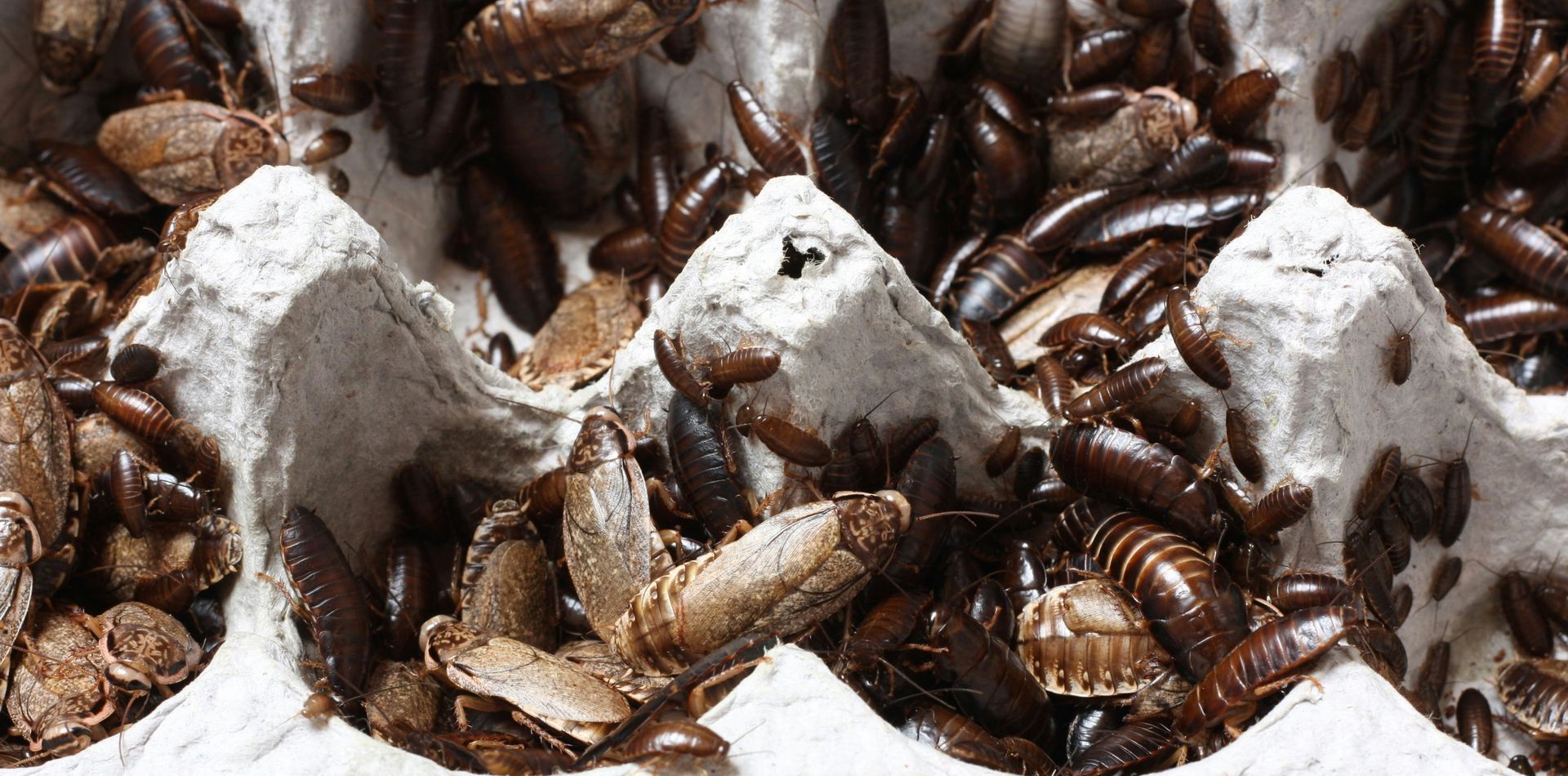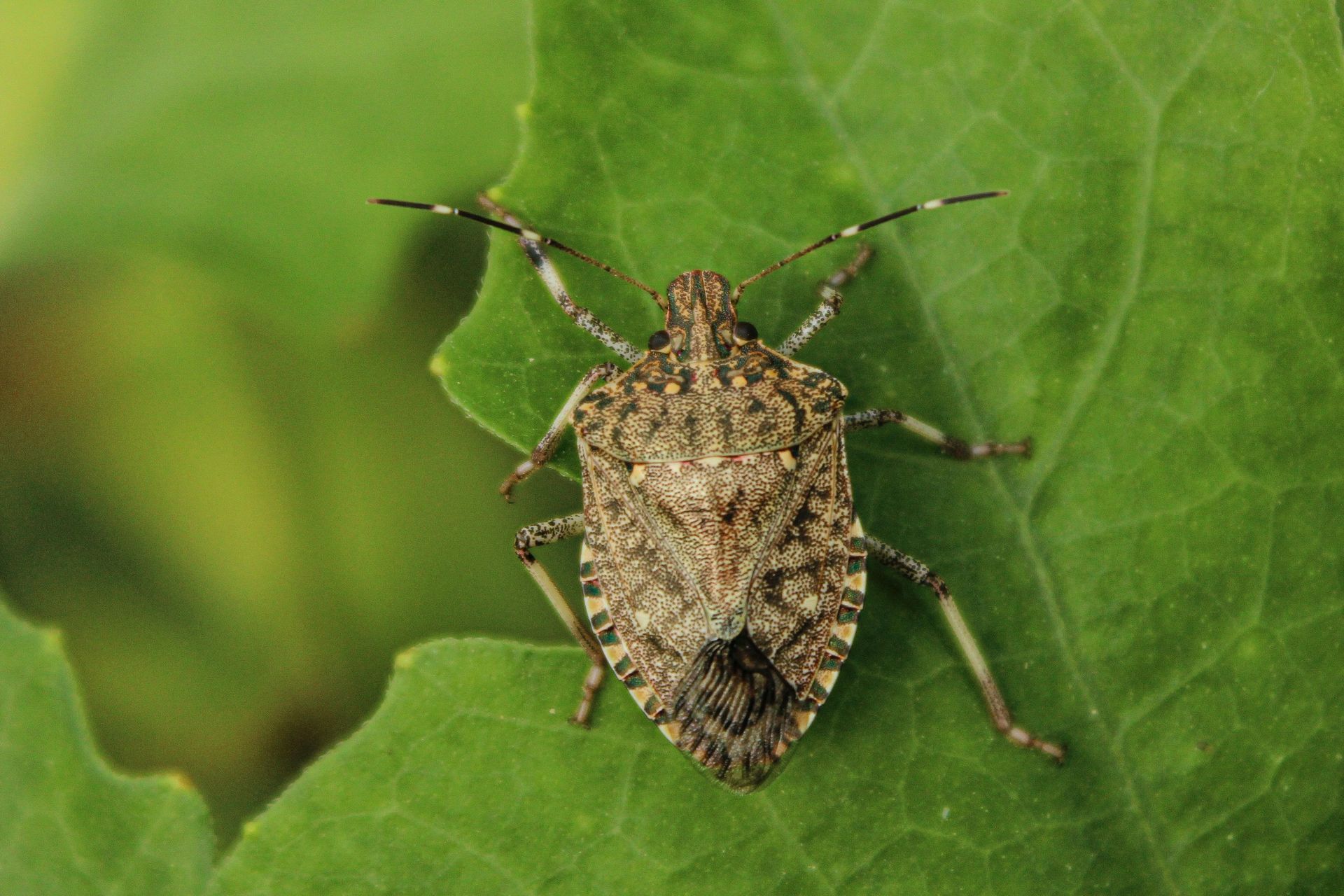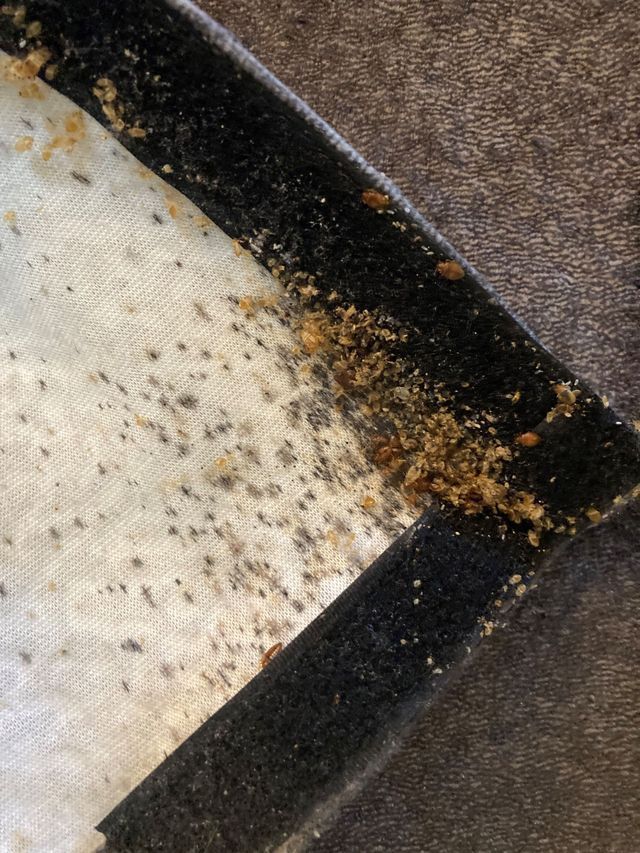Bed Bug Myths vs Facts: What Ohio Homeowners Need to Know
Bed bugs have a reputation that sends shivers down the spine of any homeowner. Just the thought of these tiny, blood-feeding pests hiding in mattresses or furniture is enough to trigger panic. But thanks to widespread misinformation, many people don’t actually understand what bed bugs are, how they spread, or how to get rid of them effectively.
If you live in Ohio—especially in major areas—you may have seen the rising reports of bed bug infestations. To deal with these pests properly, you need the facts. In this article, we’ll break down the most common bed bug myths and compare them to what’s really true, so you can protect your home and your peace of mind.
Key Takeaways
- Bed bugs are not caused by poor hygiene or dirty homes; they can infest even the cleanest spaces.
- These pests do not spread diseases, but they do cause allergic reactions and sleep disruption.
- DIY treatments are often ineffective and may make infestations worse.
- Bed bugs can live in more than just beds—they hide in furniture, baseboards, and even electrical outlets.
- Professional pest control is usually the most reliable way to eliminate a bed bug problem.
- Travel, secondhand furniture, and close living quarters are the biggest causes of bed bug spread in Ohio.
Understanding Bed Bugs: Basic Facts
Bed bugs are small, flat, oval-shaped insects that feed on the blood of humans and animals. Adult bed bugs are reddish-brown and about the size of an apple seed. They don’t fly, but they can crawl quickly across floors, walls, and ceilings.
These pests are excellent hiders. During the day, they typically tuck themselves into mattress seams, box springs, bed frames, furniture joints, cracks in walls, and even behind picture frames.
Bed bugs become active at night and feed on people while they sleep. Their bites are usually painless at first but may cause itching and irritation afterward.
Common Bed Bug Myths and the Truth Behind Them
Myth 1: Bed bugs only live in dirty homes
Fact: Cleanliness has nothing to do with bed bugs. Bed bugs are equal-opportunity pests. They are just as likely to infest a clean, well-kept home as they are a cluttered one. They are attracted to warmth, blood, and carbon dioxide—not dirt. In Ohio, bed bugs are commonly found in upscale hotels, apartment complexes, and homes across all income levels.
Myth 2: You can get rid of bed bugs by throwing away your mattress
Fact: Disposing of a mattress does not guarantee elimination. Bed bugs often hide in many areas besides your mattress. They can live in bed frames, nightstands, clothing, wall cracks, carpet edges, and more. Throwing out your mattress might eliminate part of the problem, but it won’t get rid of the infestation. Instead of discarding furniture, a thorough pest control treatment plan is needed to target all the places bed bugs might be hiding.
Myth 3: Bed bugs transmit diseases
Fact: While their bites are irritating, they do not carry or spread diseases. Unlike mosquitoes or ticks, bed bugs are not known to transmit disease. However, their bites can cause itching, skin irritation, and in some cases, allergic reactions. Excessive scratching may lead to secondary infections. The main health concerns with bed bugs are emotional stress, anxiety, insomnia, and loss of sleep due to their presence.
Myth 4: You can treat bed bugs yourself with DIY sprays and home remedies
Fact: DIY methods often fall short or make the problem worse. Over-the-counter sprays, essential oils, and DIY heat treatments rarely solve a bed bug problem. In many cases, they only kill surface-level bugs, not the ones hidden deep in walls, furniture, or floors. Misusing these products can also scatter the bugs and drive them deeper into your home, making treatment more difficult later. In Ohio, many pest control companies report cases where a DIY attempt failed and made professional
emergency pest control more complicated.
Myth 5: You’ll know you have bed bugs right away
Fact: Bed bugs are stealthy and can go undetected for weeks or months.
Because bed bug bites often look like other skin irritations, and the pests themselves are good at hiding, people sometimes live with infestations for weeks before realizing it.
Common signs include:
- Small, itchy welts in a line or cluster
- Blood spots on sheets or pillowcases
- Faint brown exoskeletons or droppings near hiding spots
- A musty odor in heavily infested rooms
Being proactive with inspections—especially after travel or acquiring used furniture—can help you catch them early.
Myth 6: Bed bugs only bite at night
Fact: While most active at night, bed bugs will feed during the day if needed. Bed bugs prefer to bite when their host is still, which is usually during sleep. But if they’re hungry and people are inactive during the day (like lying on a couch), they’ll bite then too. Time of day doesn’t guarantee safety from bites if there’s an active infestation.
Why Bed Bugs Are a Problem in Ohio
Ohio consistently ranks among the top states for bed bug infestations. Cities like Columbus, Cleveland, and Cincinnati often appear on national lists of worst-affected areas.
Why? A few reasons:
- Urban population density: More people in close quarters means more opportunities for bed bugs to travel.
- High volume of travel: Airports, hotels, and public transportation create easy pathways for bed bug movement.
- Shared housing: Apartments, dorms, and shelters are especially vulnerable.
- Lack of awareness: People may not notice the early signs or may spread them by moving infested furniture.
How to Prevent Bed Bug Infestations
Here are the most effective steps Ohio homeowners can take:
Inspect secondhand furniture carefully - Avoid picking up mattresses, bed frames, or upholstered furniture from curbs or unknown sources. Always inspect used furniture closely before bringing it into your home.
Be cautious when traveling - When staying in hotels or Airbnb rentals, inspect the bed, headboard, and nearby furniture. Keep luggage off the floor and bed. Use a luggage rack if available.
Wash and dry clothes on high heat after travel - This kills any potential hitchhikers that may have attached to your clothing or suitcase.
Seal cracks and crevices - Use caulk to seal up gaps in baseboards, floorboards, and walls. This helps reduce hiding spots.
Use protective covers on mattresses and box springs - Bed bug-proof encasements trap existing bugs and prevent new ones from entering or exiting.
Declutter - Minimize the number of places bed bugs can hide by keeping clutter off the floor and under the bed.
For other invasive pests that invade homes seasonally, such as stink bugs, you can also explore stink bug removal services to protect your property.
Frequently Asked Questions
How can I tell if I have bed bugs or another pest?
Look for clusters of bites, blood stains on sheets, shed exoskeletons, or dark fecal spots. If unsure, contact a pest control expert who can inspect and confirm the issue.
Can bed bugs live on my pets?
While bed bugs prefer humans, they may bite pets in extreme infestations. However, they do not live in fur like fleas do.
How long do bed bugs live?
Bed bugs can live up to 6 to 12 months, depending on the environment and availability of food. They can also survive for months without feeding, making them difficult to eliminate.
Do bed bugs only live in beds?
No. They can be found in furniture, curtains, electrical outlets, carpet edges, and even behind wallpaper.
Is heat treatment effective for bed bugs?
Yes, professional heat treatments are one of the most effective methods for killing bed bugs in all life stages, including eggs. However, it must be done by trained professionals to avoid fire hazards and ensure proper temperatures are reached.
Final Thoughts
For Ohio homeowners, understanding the difference between bed bug myths and facts is crucial. These pests are persistent, but they are not unstoppable. Misinformation only delays proper action and gives infestations more time to spread.
The truth is that bed bugs can affect anyone, regardless of how clean or well-maintained your home is. Knowing how they travel, where they hide, and how to respond effectively makes a world of difference. If you suspect bed bugs, act quickly. Early detection and treatment—preferably by professionals—can save you stress, time, and money. Prevention is also key, so stay alert when traveling, buying used furniture, or living in shared spaces.
When it comes to bed bugs, the best defense is knowledge and swift action. Don’t let myths stand in the way of a good night’s sleep. To see how others have protected their homes, explore our pest control gallery.
Ready to take the next step?
Contact Liberty Shield Pest Control today to schedule an inspection and protect your home.











